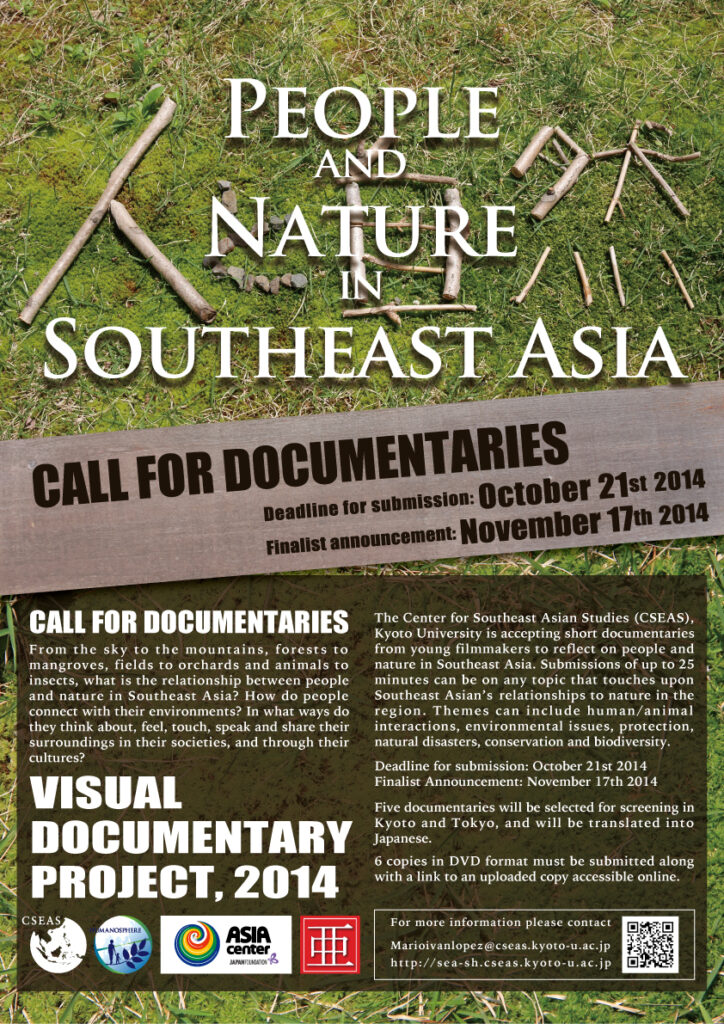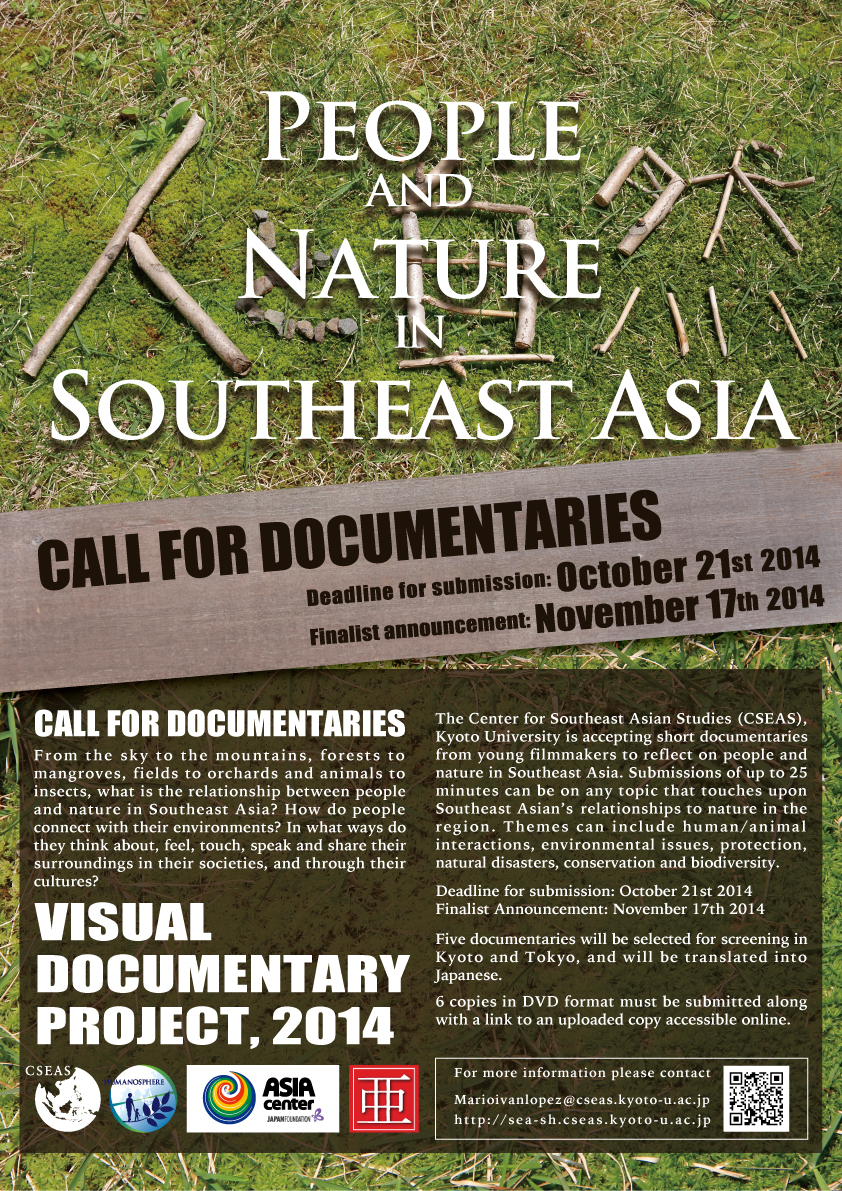INTRODUCTION
-
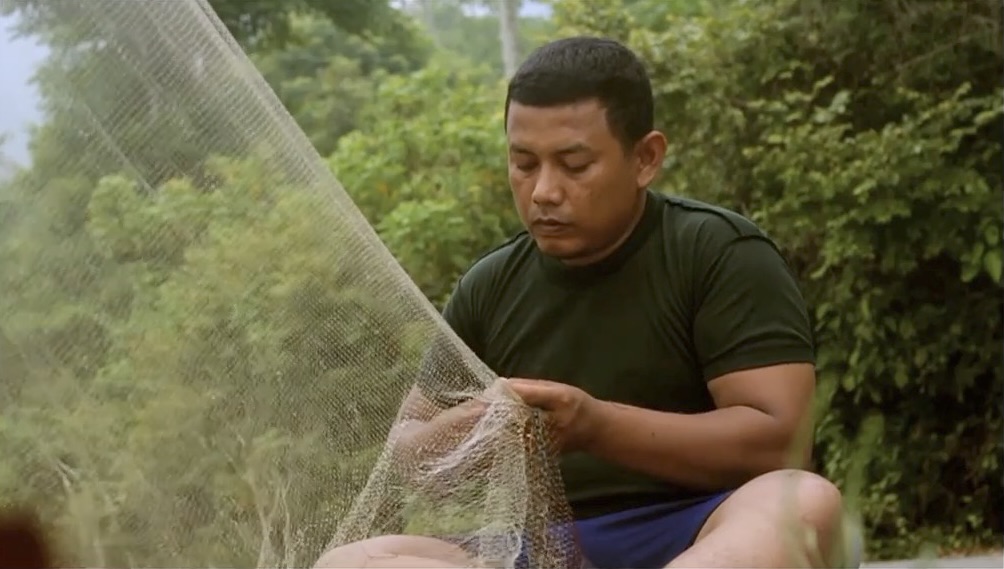
The Last Generation
This documentary explores the decline of fish resources on a coastal village in Greater Aceh Region, Indonesia. With detailed interviews with fisherman in the village, Darang Melati Z introduces the human effects of illegal fishing on both communities and people. The documentary is framed in the context of the 2004 Indian Ocean Earthquake which devastated the coast, destroyed vast tracts of coral, and led to a decrease in fish stocks. Through interviews with fishermen who lost limbs through fish bombing, this documentary portrays the harsh reality and anxieties some fishing communities presently face in the region.- Country
- Indonesia
- Director
- Darang Melati Z / Riza Andrian
- Time
- 13min
-
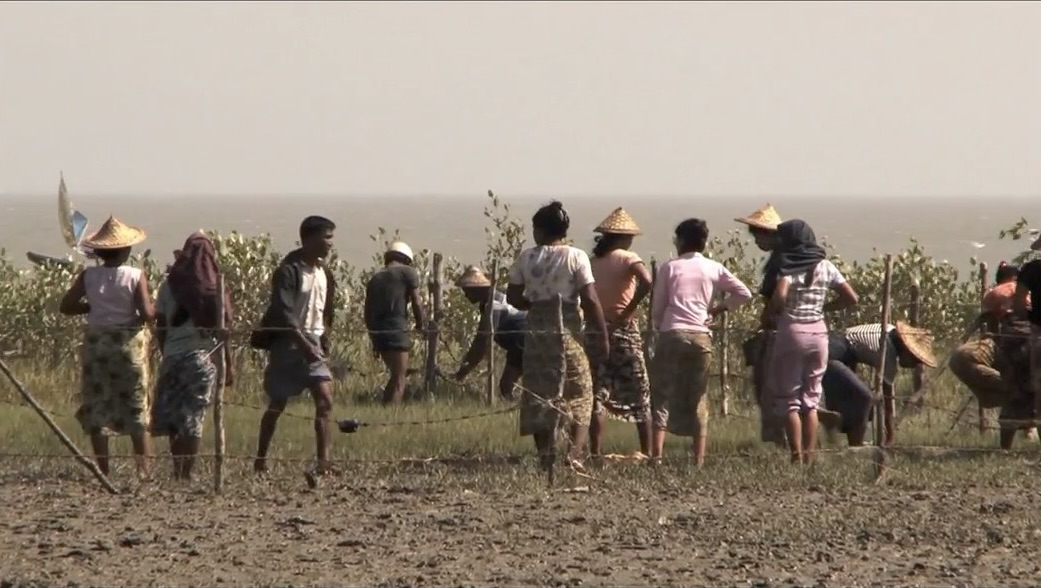
More than a Tree
Every year, coastal communities in Rakhine State on the northwestern coast of Myanmar are exposed to the threat of floods and cyclones. Between 2008 and 2011, Malteser International and Mangrove Service Network (MSN) helped two villages in Sittwe Township to plant and grow over 10,000 mangroves thus safeguarding the lives of more than 5,000 people. Punctuated by striking images of the coastal landscape, this short documentary describes the critical importance of mangrove restoration in reducing disaster risks aggravated by the changing environment. It also sensitively shows how in particular, the women of these villages, have become an integral part of an eco-vision to protect and help their communities.- Country
- Myanmar
- Director
- Philipp Danao / Khin Myanmar
- Time
- 15min
-
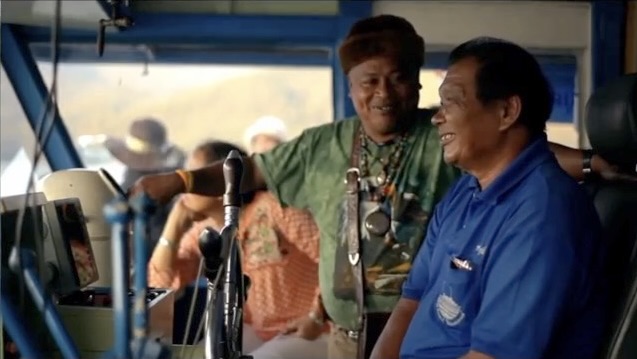
My Grandpa’s Route has been Forever Blocked
In this documentary, Som Supaparinya takes us on a journey down the Ping River, a waterway that has historically been used for trade. It reflects upon the evolving river-scape comparing the river of now to that of the one that existed during his Grandfather’s time. In 1958, the Bhumibol Dam was built, effectively changing the landscape. Supaparinya takes the viewer on a journey down the present Ping River in an attempt to understand the past and observe issues in the present. Using an innovative split screen technique, the video invites viewers to reflect on small weirs, floodgates, and dikes lying sequentially from the source of the river to the Bhumibol Dam while taking the viewer on a boat cruise to contextualize the impact of changes on the river.- Country
- Thailand
- Director
- Som Supaparinya
- Time
- 15min
-
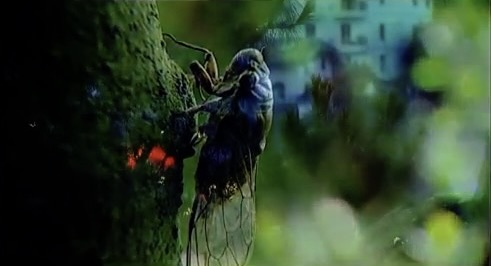
The Silence of the Summer
This documentary introduces different stories on the relationship between human society and the environment in Vietnam. During the summer in the parks of the city, people cannot hear the sound of cicadas and other insects even though it is their mating season. In the countryside, near the rice fields, children cannot hear the vital sounds of nature, as the fields are now sprayed with pesticides and herbicides. In the laboratory, an entomologist collects specimens of cicadas, crickets and other insects, fearing that they might disappear in the near future. This documentary is a poignant reflection on the changes taking place in the Vietnamese landscape.- Country
- Vietnam
- Director
- Mai Dinh Khoi
- Time
- 25min
-
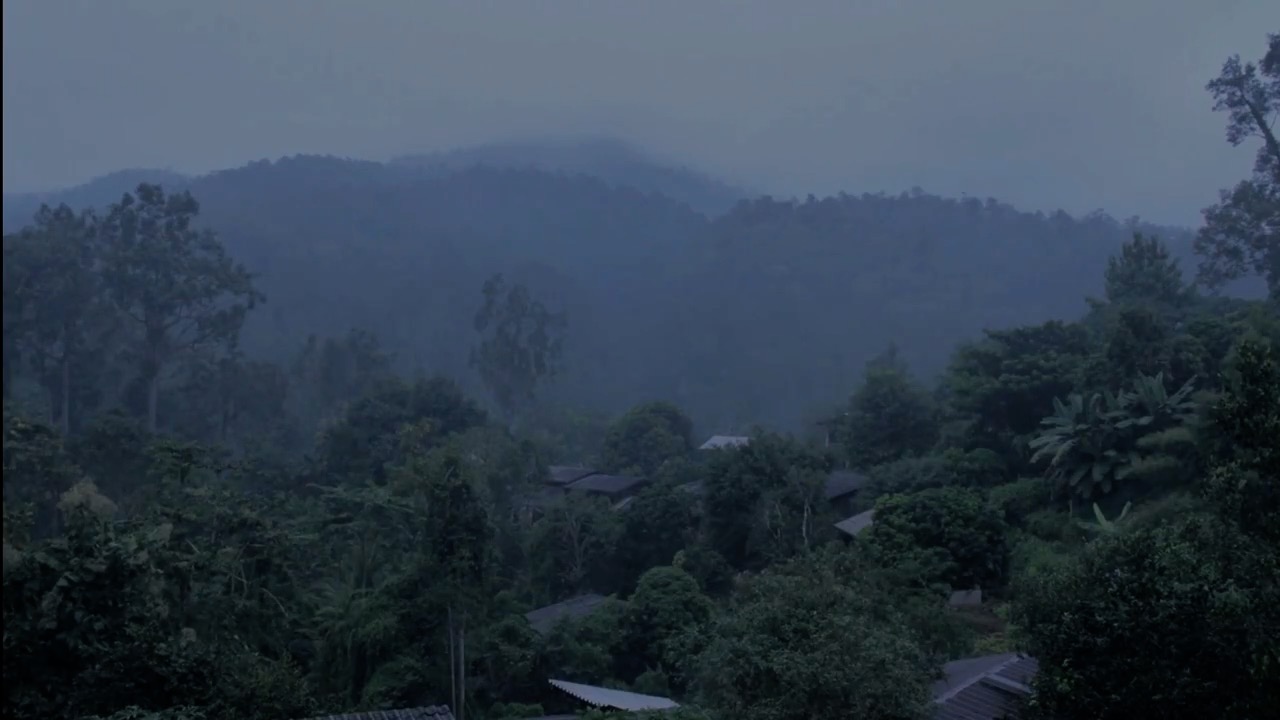
Echoes from the Hill
This documentary focuses on Karen villagers in the Northwest of Thailand, the “Pgaz K’Nyau” (Simple humans), who live in a village without running electricity far from highways. It voices and reveals their way of life, the nature around them, how they think, and how they believe and protect it. Jirudikal Prasonchoom sensitively captures their sacred beliefs and worldview and how they maintain harmony and preserve nature. The documentary juxtaposes their lives with the Thai government’s recent attempt to make their forest a national park and build a dam on their land. This documentary explores the tensions that exist between people’s relations to the nature around them and the way government attempts to justify development in the region.- Country
- Thailand
- Director
- Jirudikal Prasonchoom / Pasit Tandaechanurat
- Time
- 19min
